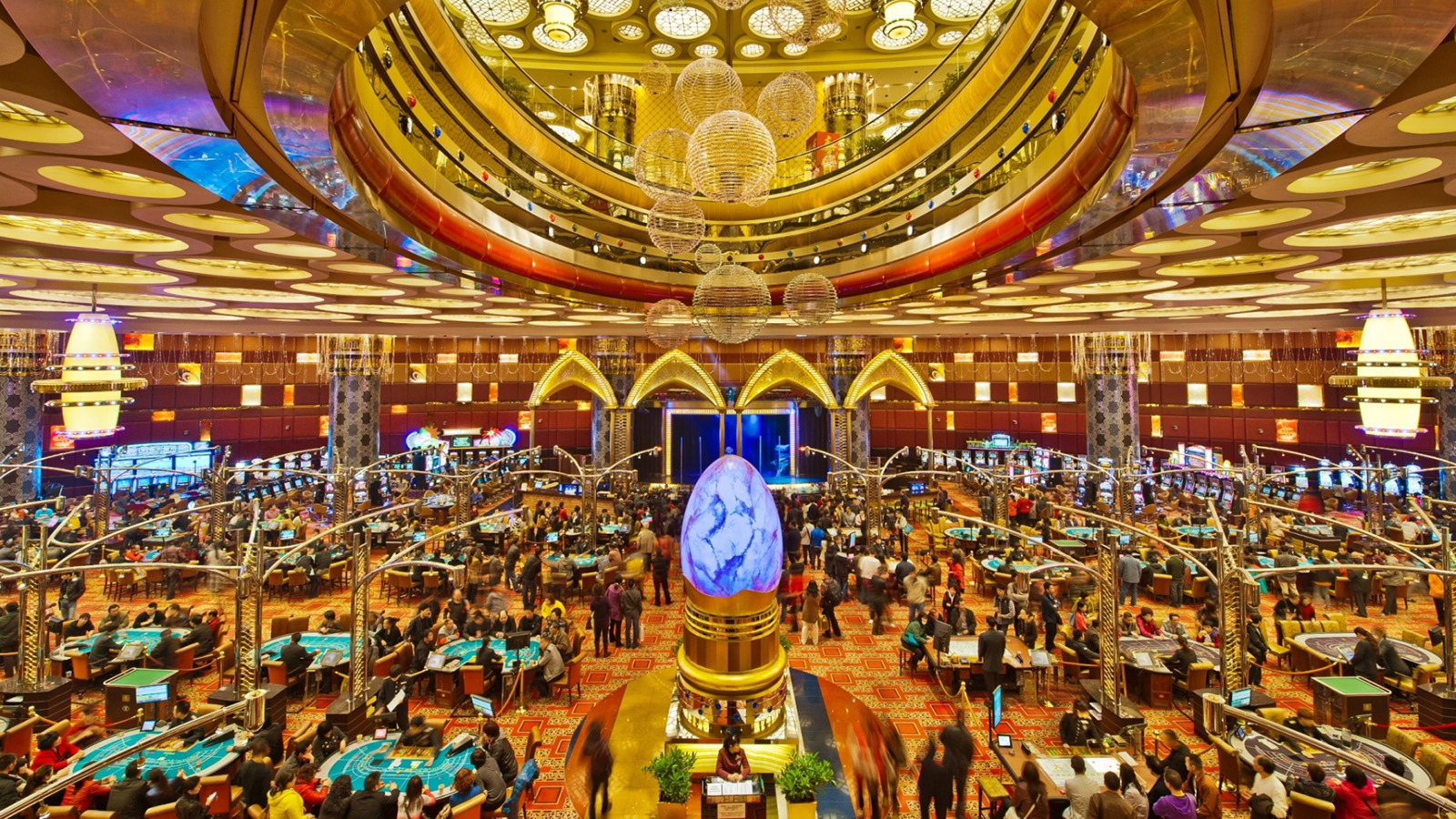Analyzing the Principles of Casino Gaming
admin
- 0

Gambling in casinos has long been a topic of fascination and debate, drawing in millions of players around the world. With a blend of luck, skill, and the excitement of uncertainty, casino games offer an exhilarating escape from everyday life. non UK license casinos However, as entertainment becomes ever more available, it calls for a deeper examination of the morality surrounding these games.
At the heart of the discussion lies the question of whether casinos promote safe gambling or exploit at-risk individuals. The allure of potential winnings versus the truth of losses can create a complex situation, and understanding this balance is essential for both players and operators. As we delve into the ethics of casino gaming, we will explore the duties of casinos, the effects on society, and the measures that can be taken to foster a better gaming environment.
The Impact of Casino Gaming on Society
Gambling in casinos has a considerable influence on the community, affecting not only the economy but also interpersonal dynamics and local frameworks. The revenue generated from casinos can lead to employment opportunities and boost regional economies, as they provide numerous employment opportunities in multiple fields including food and beverage, entertainment, and shopping. However, while the financial benefits can be significant, communities often struggle with the potential negative impacts that arise from increased gambling activity.
Additionally, the presence of casinos can lead to an rise in gambling addiction, presenting significant challenges for players and families. The thrill of casino games can quickly transform into a habitual habit, affecting personal relationships and leading to monetary issues. Many players may struggle with the loss of control over their gambling habits, resulting in a need for community support services and help to address this increasing issue. The social cost of gambling addiction can ripple through kinships and neighborhoods, creating an urgent need for sensible gambling approaches.
In addition to the economic and social consequences, casino gaming often reflects cultural attitudes towards risk and entertainment. It can foster a sense of excitement and leisure, attracting visitors and boosting tourism. However, this allure may also mask the broader implications of gambling as a form of entertainment, provoking ethical questions about its promotion and availability. As communities weigh the benefits and drawbacks of casino gaming, the need for sensible approaches and regulation becomes increasingly critical in ensuring that the positive aspects are maximized while reducing the negative effects.
Moral Concerns in Betting Practices
The morality of gambling operations often revolve around the risk for addiction and its effects on people and households. Betting can lead to serious financial distress, impacting not only the betters but also their families. As people become caught in the appeal of winning, many lose sight of their budget, which can result in devastating outcomes such as bankruptcy. This poses moral questions about the duty of casinos in fostering safe gaming practices and providing support for those who may be struggling with gambling addiction.
Another major issue is the promotion of betting to at-risk populations. Gambling establishments often target low-income individuals or communities with the offer of fast gains, which can continue patterns of poverty and despair. In this context, the morality of marketing strategies used by gambling establishments come under examination, as they may exploit the need of individuals seeking an escape from economic troubles. This manipulation raises moral questions about the integrity of the betting industry and its responsibility to protect its most vulnerable customers.
Additionally, the impact of gambling gaming on society as a entirety cannot be overlooked. While some argue that gambling establishments create employment and boost local economies, others point to the social costs associated with dysfunctional betting, increased crime rates, and a strain on public services. Balancing economic benefits with the risk for social harm presents a complex moral dilemma for policymakers and gambling operators alike. The difficulty lies in finding a ethical approach that takes into account the welfare of individuals and communities while still permitting for the enjoyment of gambling gaming.
Regulation System and Duties
The regulatory structure pertaining to casino operations is created to ensure equity, integrity, and participant safety. Various government entities and gaming commissions establish and implement regulations that dictate how casino activities work, the criteria for activity design, and the protocols for managing prizes. These regulations vary by locale but commonly involve licensing requirements for providers and strict measures to prevent fraud and dishonesty.
In also to regulatory bodies, casino establishments bear considerable accountability in maintaining ethical standards within their facilities. They must adopt ethical player practices that support player safety and education, including presenting self-exclusion options and sharing information about the hazards related to betting. Casinos are also accountable for training employees to identify signs of compulsive betting and understand the proper measures to support visitors in need.
Furthermore, transparency in gambling operations is vital for building and maintaining public confidence. Gaming establishments should offer clear information about the chances of activities, marketing offers, and any associated risks. By promoting an culture of integrity and trust, operators can help mitigate the possible adverse impact of gambling while improving the complete gambling experience for all players.